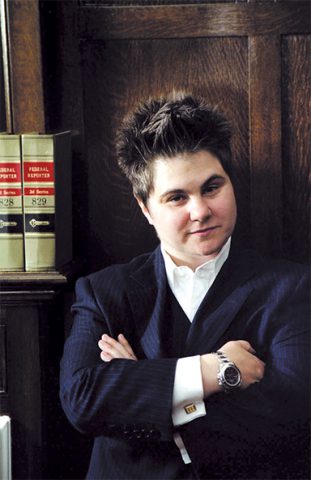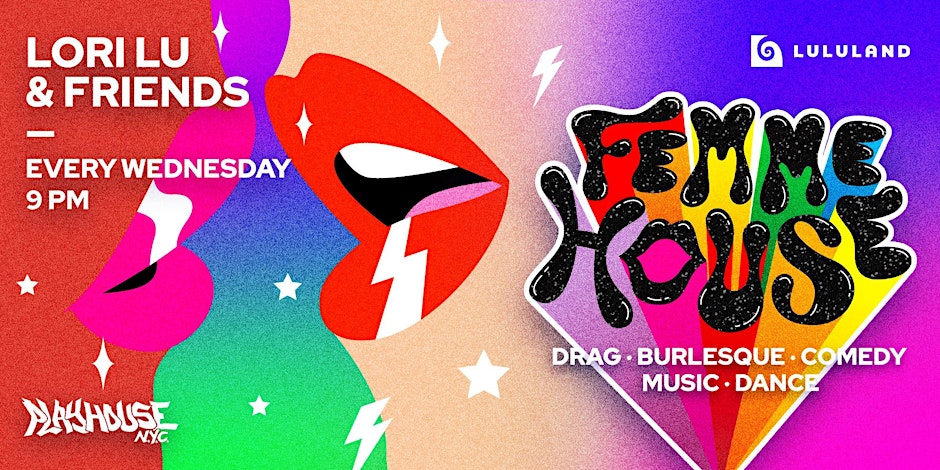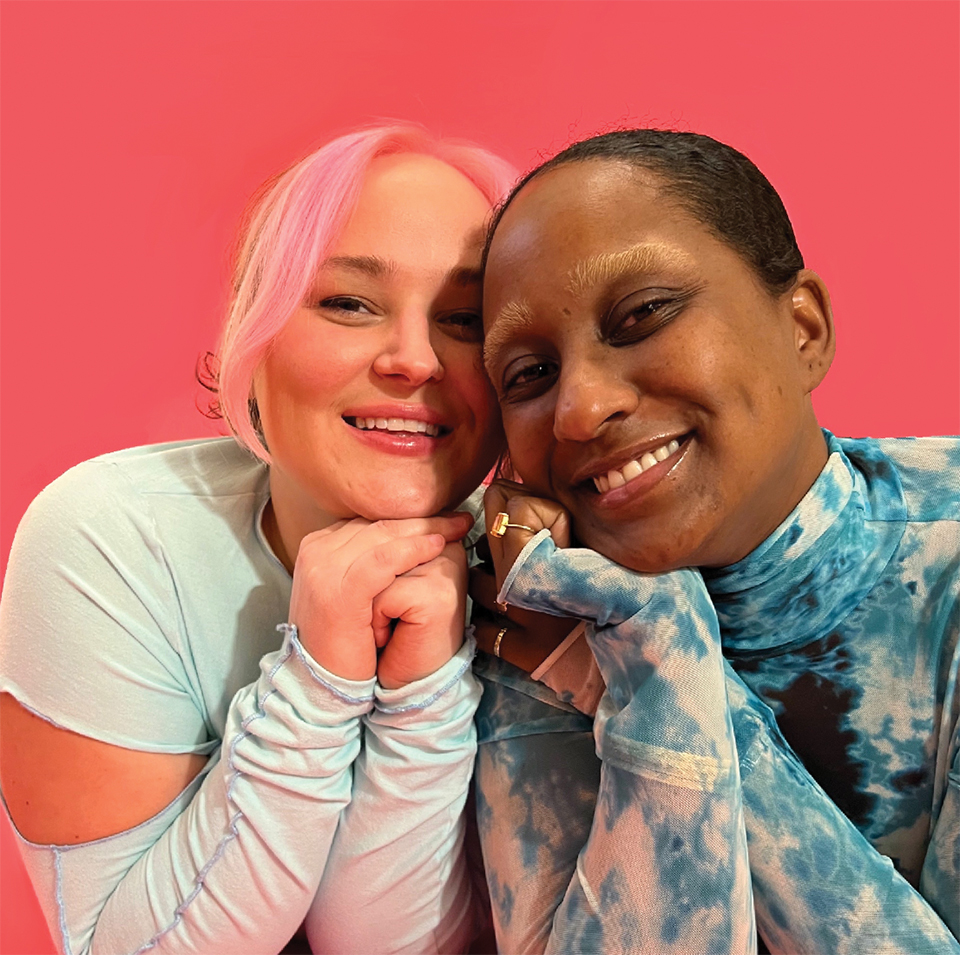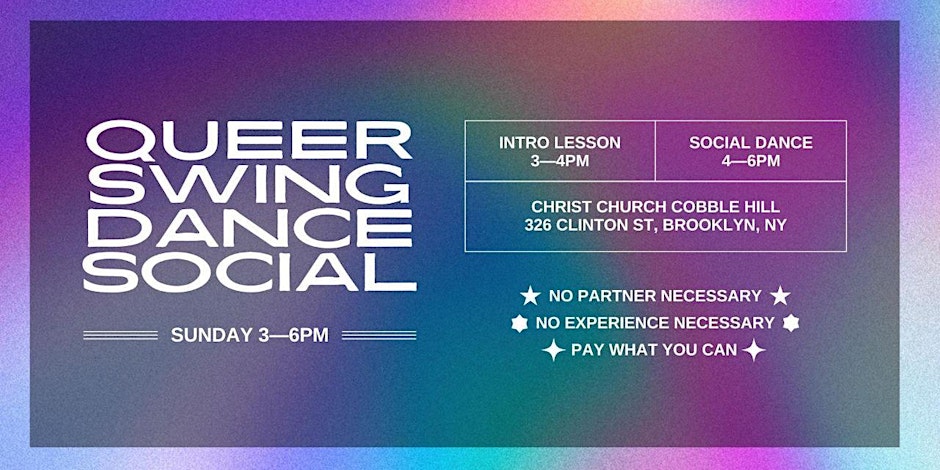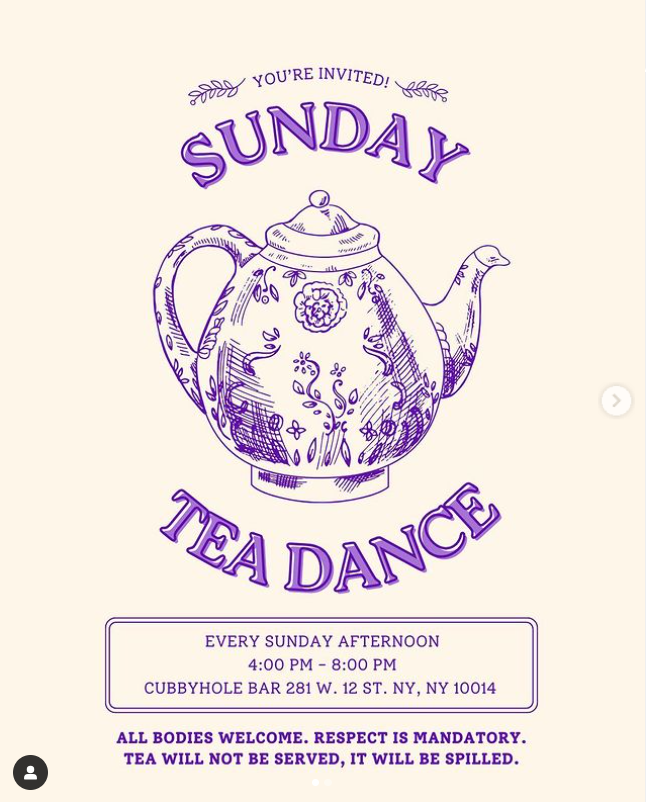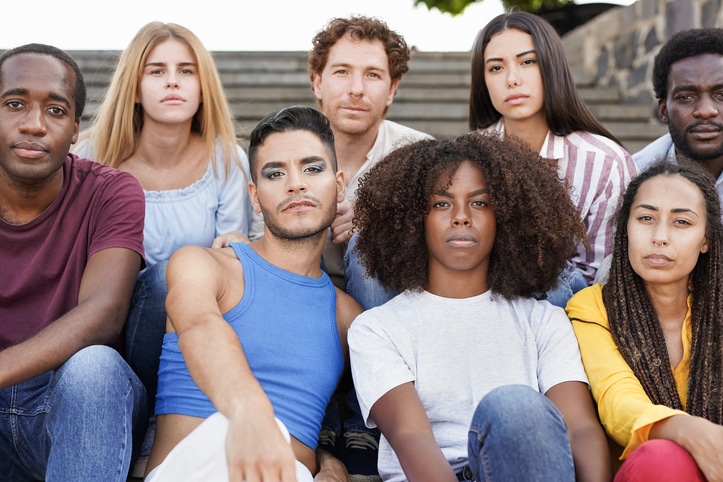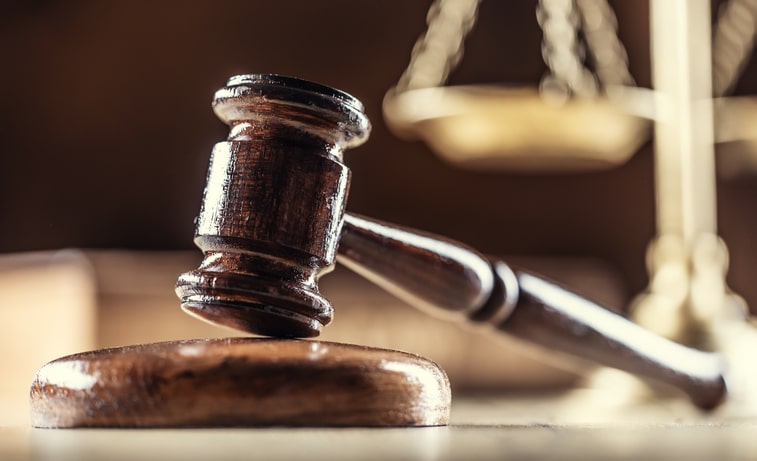Dear Yetta,
I’m getting married shortly, and my wife and I travel quite a bit, including states without equal marriage. A year after the Supreme Court struck down DOMA, do we still have to worry about things like a hospital denying us visitation because it doesn’t recognize our relationship?
Carnie
Dear Carnie,
We certainly have come a long way in the last year, but there’s still a long way to go in terms of equal recognition under the law. I think a lot of same-sex couples would agree that they’re dealing with a whole new set of issues now that access to marriage has expanded across so much of the country. There are still places that won’t recognize your marriage, which could cause problems if an emergency happens, and one of you has to make important decisions for the other.
With so much uncertainty, it’s even more important now to have a well-thought-out marriage and life plan.
It used to be that same-sex couples had to set up a series of marriage-like contracts to get even a few of the myriad rights a heterosexual couple gets when they marry. In a lot of ways you had to plan for the worst, but hope for the best. Being able to get married and have that marriage recognized in another state has assuaged those old concerns, but, because the law is developing, you still want to make sure you’re protected.
That means making sure you have a valid healthcare proxy and a power of attorney, so that your spouse (or someone of your choosing) is empowered to make decisions regarding your health and finances when you can’t because of illness or other disability. These documents can help ensure that you have access to your spouse and the right to make important decisions for her if she can’t, especially if you’re in a state that hasn’t yet legalized same-sex marriage.
With something this important, it’s crucial to consult a knowledgeable attorney who can help you navigate the current legal landscape.
Good luck,
Yetta
—
Email questions to info@kurlandassociates.com or call 212-253-6911.
*This column is not a consultation with an attorney and should in no way be construed as such or as a substitute for such consultation. Anyone with legal issues or concerns should seek the advice of her own attorney.


